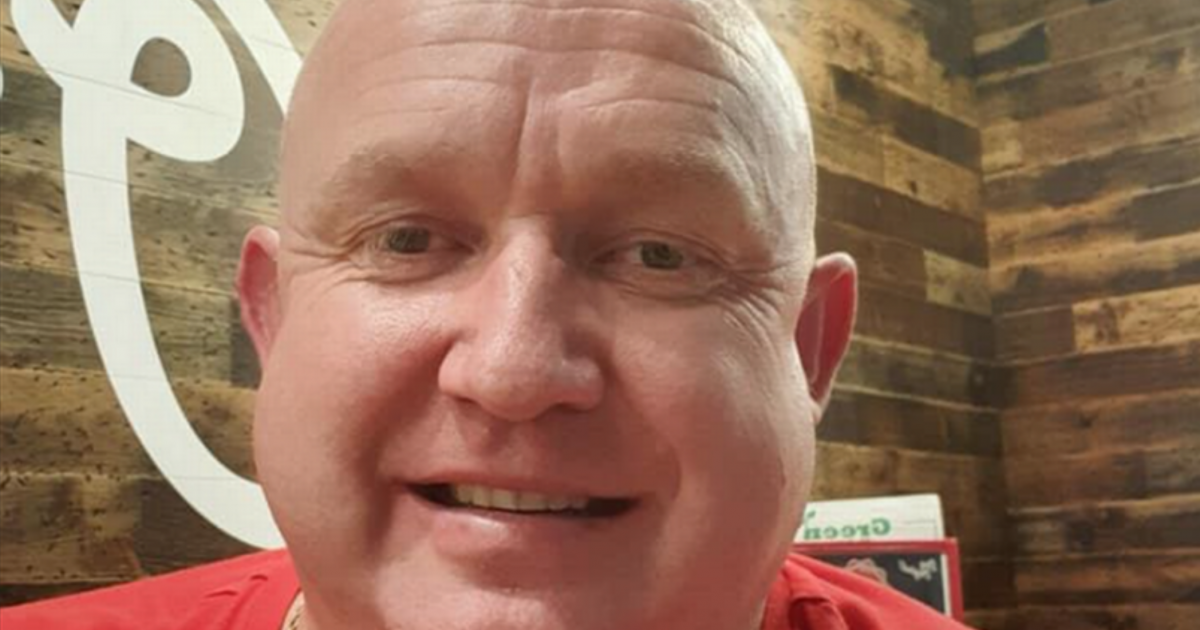No Cancer, but No Job
- Paul Edginton quit his job in March 2020 when he was diagnosed with terminal cancer in the lining of his brain.
- When he sought a second opinion, Edginton learned that his cancer was not, in fact, terminal. He underwent treatment and has since been declared cancer free.
- Edginton's story highlights the importance of getting second opinions and making sure that you are listened-to by the doctors involved in your cancer journey.
What would you do if you were diagnosed with incurable cancer? To start, you might think about quitting your job.
Read MoreOne of the greatest cancer researchers of our time says get a second opinion when you are diagnosed with cancer, learn about clinical trials, and options.
This second opinion told a very different story. The results of Edginton's scan showed that he did have cancer, but it was not progressive or terminal. Edginton began treatment a year after his initial diagnosis, and he is now cancer free.
Edginton is grateful to be alive, but he cannot brush his experience off as a harmless mistake. "It has been horrendous and has changed my life completely," he said. "Telling someone they are going to die is horrible." Edginton is committed to spreading his story in the hope that other people will not have to suffer through the same kind of emotional rollercoaster.
The Importance of Getting a Second Opinion
If you are diagnosed with cancer, always remember that you can, and should, consult other specialists about your prognosis.
"If I had any advice for you following a cancer diagnosis, it would be, first, to seek out multiple opinions as to the best care," National Cancer Institute Chief of Surgery Steven Rosenberg told SurvivorNet in a previous interview. "Because finding a doctor who is up to the latest of information is important."
You know your body better than anyone else. This survivor has some advice about speaking up when you know something is wrong.
Top doctors may sometimes disagree on the optimal treatment path, and advances in genetics and immunotherapy have created new options that are important to consider. In some instances, the specific course of treatment is not clear cut and will vary between different doctors and treatment centers. That's even more reason why it is crucial to understand the tools at your disposal.
At the National Cancer Institute, there is a patient referral service that will "guide patients to the right group depending on their disease state so that they can gain access to these new experimental treatments," Rosenberg says.
Getting additional perspectives on your disease can help you avoid doctor biases. For example, some surgeons own radiation treatment centers. "So there may be a conflict of interest if you present to a surgeon that is recommending radiation because there is some ownership of that type of facility," Dr. Jim Hu, director of robotic surgery at Weill Cornell Medical Center, tells SurvivorNet.
Other reasons to get a second opinion include:
- You want to consult a specialist who has more experience treating your type of cancer
- You have a rare type cancer that healthcare professionals might not be as familiar with treating
- In many cases, cancer treatment paths include multiple options
- You feel like your doctor isn't listening to you, or isn't giving you good advice
- You have trouble understanding and communicating with your doctor
- You are not satisfied with the treatment your doctor is recommending, or you are worried about its possible side effects
- Your insurance company wants you to get another medical opinion
- You are undergoing treatment currently, but your cancer is not improving
The bottom line is that, for people with cancer, being proactive about your health could be a matter of life or death. Learn as much as you can from as many experts as you can, so that you know that you did your best to take control of your health.
Learn more about SurvivorNet's rigorous medical review process.


